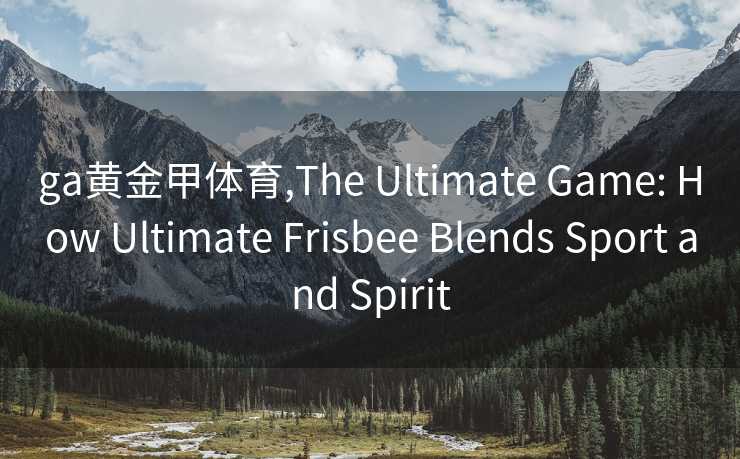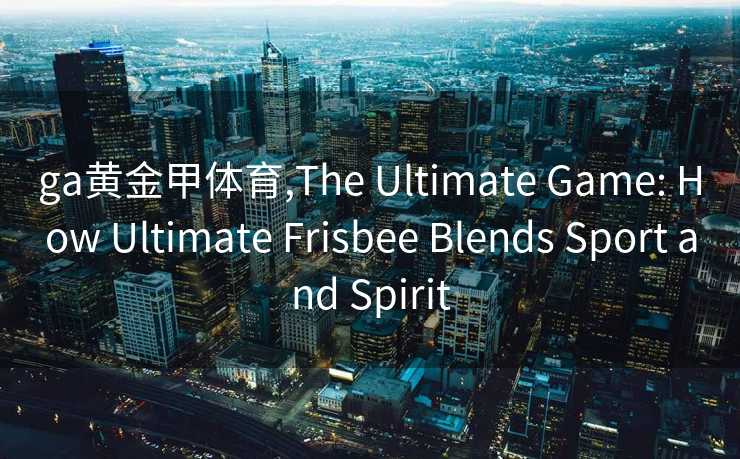A Brief History: From Campus Pastime to Global Phenomenon
Ultimate Frisbee, often simply called ultimate, emerged in 1968 at Columbia High School in New Jersey. A group of students, led by Joel Silver, sought a non-contact sport combining football, basketball, and soccer. Their first game used a pie tin; today, the iconic flying disc defines the sport. By the 1970s, ultimate spread to U.S. colleges, and in 1986, the World Flying Disc Federation (WFDF) standardized rules globally. Now, over 100 countries host leagues, with millions playing—from casual park groups to professional athletes. Its growth reflects a demand for accessible, community-driven sport.


Core Rules and the "Spirit of the Game"
Ultimate is a 7v7 team sport on a rectangular field with end zones. Teams advance the frisbee by passing (no running with it) and score by catching it in the opponent’s end zone. Unlike most sports, there are no referees. Players self-officiate using the Spirit of the Game—a ethos of fairness, respect, and mutual accountability. Disputes are resolved through dialogue, not authority. This unique dynamic tests both athletic skill and moral courage: a contested call might spark a quick huddle, but rarely a argument. For example, during the 2022 WFDF World Championships, a player who accidentally knocked over an opponent immediately helped them up—proof that sportsmanship outweighs competition.
Global Impact: Community and Competition
Ultimate’s accessibility fuels its popularity. Minimal gear (a frisbee, cleats) and adaptable fields (grass, sand, indoor) let anyone play. Local leagues thrive in cities worldwide, while major events like the AUDL (American Ultimate Disc League) and WFDF championships draw thousands. In 2021, ultimate was provisionally approved for the 2028 Los Angeles Olympics—an unprecedented step for a self-officiated sport. Beyond competition, ultimate builds community: teams host charity tournaments, clean parks, and mentor youth. In Berlin, the “Ultimate Social” initiative uses the sport to integrate refugees, proving ultimate’s power to unite diverse groups.
Why Ultimate Stands Out: More Than Just a Sport
What sets ultimate apart is its rejection of toxic competition. In a world obsessed with wins and losses, ultimate prioritizes relationships. Players high-five opponents after tough plays, share post-game meals, and support rivals’ charities. This spirit extends offline: ultimate communities often become lifelong friend groups. For Sarah, a 10-year veteran, “ultimate taught me that success isn’t about beating others—it’s about lifting everyone up.” Even professional athletes echo this: AUDL star Ben Jagt once said, “The best moments aren’t goals—they’re the hugs after a hard-fought game.”
From its pie-tin origins to Olympic dreams, ultimate frisbee reimagines what sport can be. It proves that competition and compassion aren’t mutually exclusive—that the true “ultimate” reward is the bond forged on and off the field. As more people discover its magic, one thing is certain: ultimate isn’t just a game—it’s a movement.